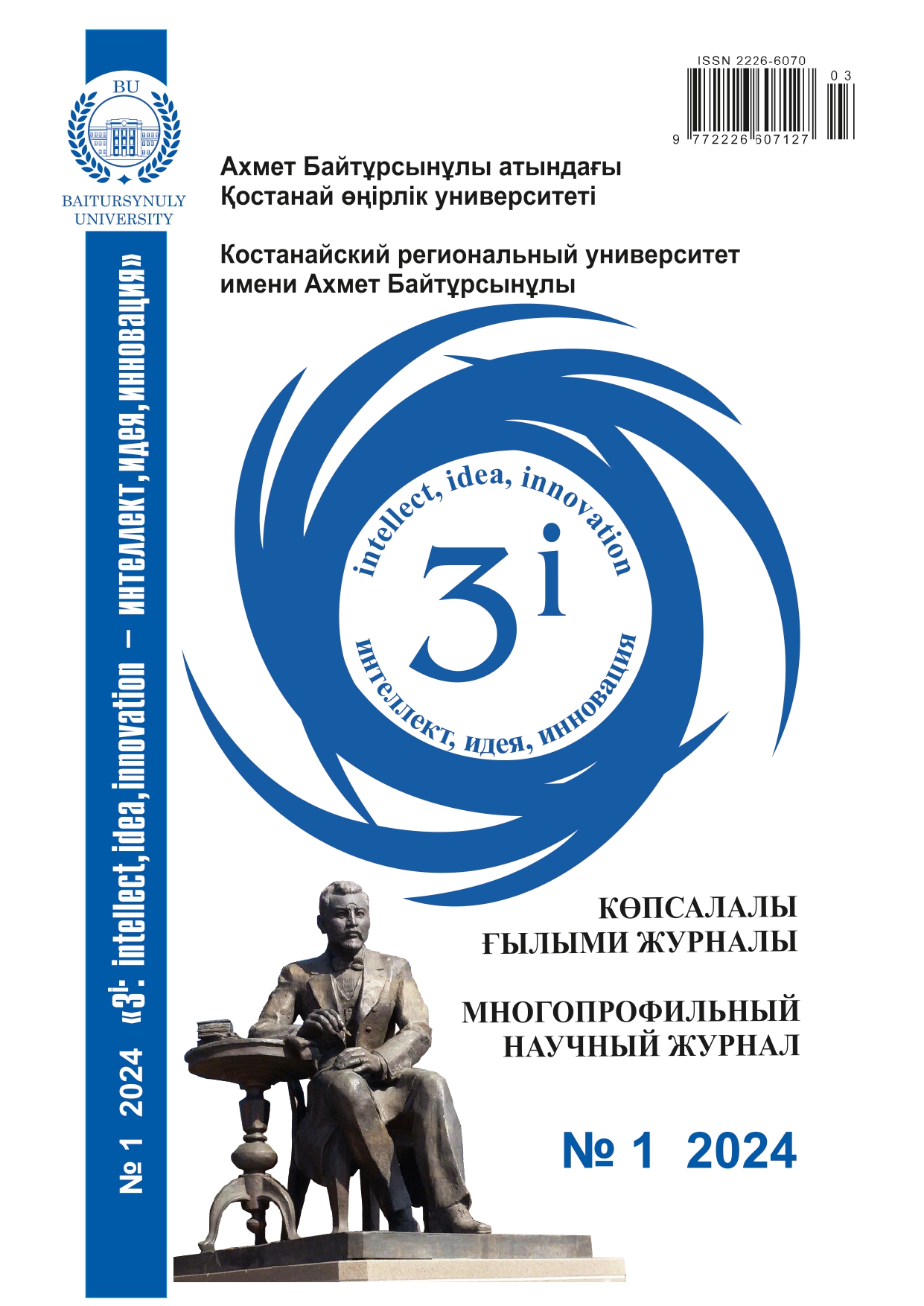THEORETICAL ANALYSIS OF MEASUREMENT AND INTELLECTUAL DEVELOPMENT OF PRIMARY SCHOOL-AGED CHILDREN
DOI:
https://doi.org/10.52269/22266070_2024_1_103Keywords:
intelligence, flexibility of thinking, quick thinking, cognitive abilities, spatial thinkingAbstract
The article examines the intellectual development of primary school-aged children based on the playing chess. The authors has studied the game of chess in terms of its impact on the enhancement of cognitive abilities, intellectual and practical skills among younger schoolchildren, as well as the cultivation of cognitive skills. The societal and cultural demand for developing intellectual growth among individuals and the broader society of Kazakhstan is underscored. There is a growing interest in chess as a tool for holistic child development. The authors propose addressing this matter by enhancing the level of intellectual culture.
A theoretical analysis of the measurement and intellectual development of primary school-aged children is carried out and its contemporary relevance is substantiated. Considering the posed question and the developmental nuances of primary school-aged children, the article suggested a series of psychodiagnostic techniques aimed at assessing fundamental indicators of intellectual development – mental processes such as working memory, attention span, and abstract-logical reasoning.
The experimental study outlines the intellectual development process of younger schoolchildren, considering the integration of chess into the curriculum of 42 general education schools in Kazakhstan. This integration is facilitated through the allocation of hours within the optional courses of curriculum.




